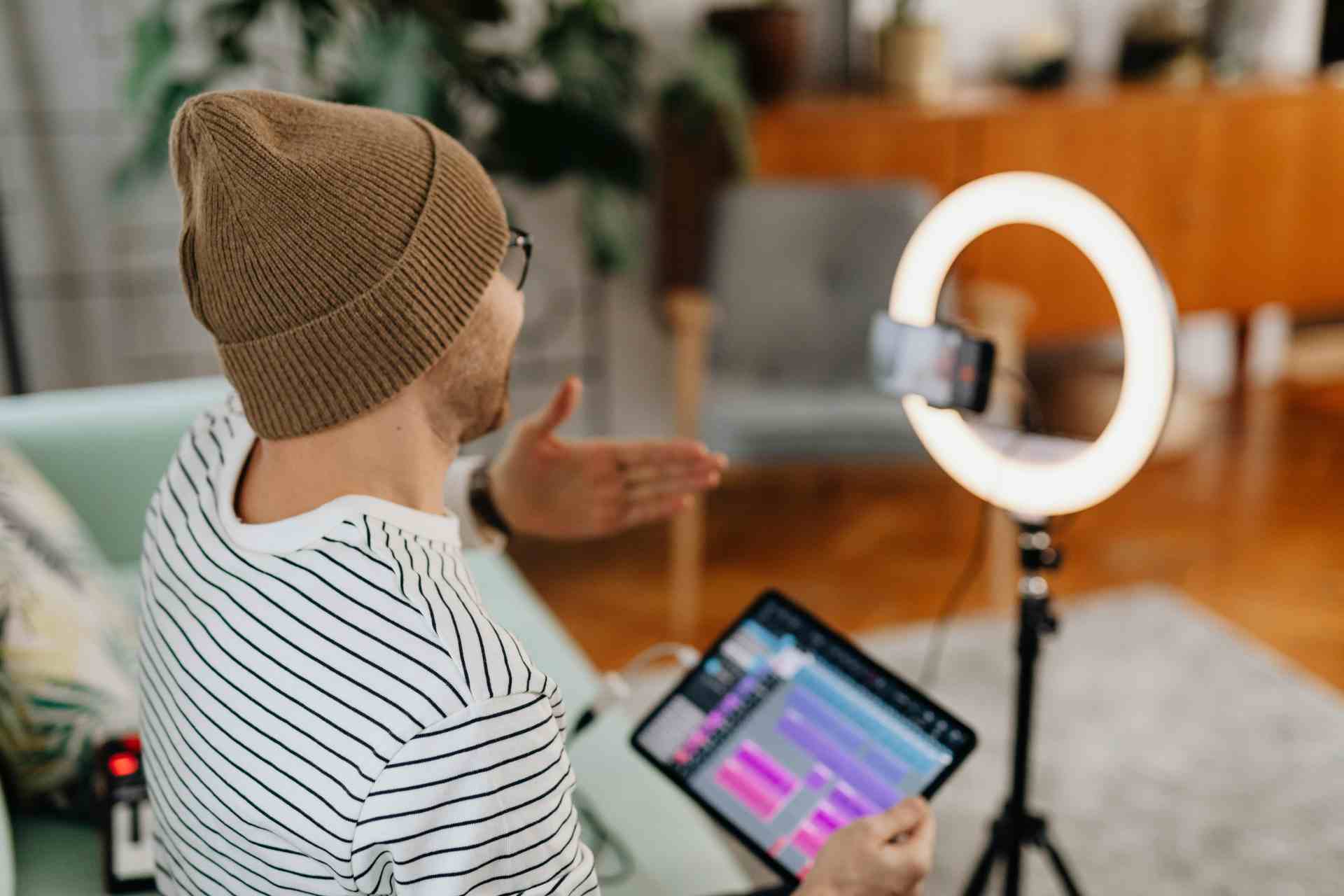Influencer marketing: promoter or cultural driver?
Influencers today aren’t just promoters—they’re shaping culture. See how brands are embracing creators to drive engagement and cultural relevance in 2024.

"They are not just standing on the sidelines. They are becoming the core of the cultural shifts that we are seeing," said Atul Singh, co-founder and CEO of The Shelf, at a panel during ADWEEK House. His statement highlights a new reality: influencers are no longer just promoting products; they’re shaping broader cultural trends and consumer behaviors.
This evolution in influencer marketing was a key topic at the Advertising Week New York event, featuring panelists Singh, Tess Tregellas (comedian and senior video producer at Betches Media), Maram Aoudi (Senior Director of Consumer Engagement at K18 Biomimetic Hairscience), and Sami Lambert (Director of Social Media at ADWEEK).
The discussion focused on how influencer marketing has shifted from a focus on promotion to a deeper role in shaping both consumer habits and cultural trends.

Influencer marketing before 2024
Before 2024, influencer marketing primarily functioned as a promotional tool. Brands would partner with influencers to boost visibility through carefully crafted, polished content. The relationship was typically one-dimensional—brands looked for creators with large followings, and the goal was simple: to spread awareness and drive short-term engagement. Influencers were seen as amplifiers rather than active participants in brand strategy. Success was measured by follower counts and engagement metrics like likes and shares.
This approach, however, often led to a lack of genuine connection between influencers and their audiences. The content felt curated, and while it could generate short-term attention, it lacked depth. Influencers were often treated as external channels rather than integral parts of a brand's voice.
The shift: creators as cultural influencers
The ADWEEK House panel emphasized how influencer marketing has undergone a dramatic shift. Singh noted that influencers are now at the heart of cultural conversations, shaping trends in real time. Rather than merely promoting products, they are influencing how people engage with brands and ideas. "They are becoming the core of the cultural shifts that we are seeing," Singh explained, emphasizing the larger role creators now play in influencing not just brand perception but societal values.
Maram Aoudi from K18 discussed how her brand now fully integrates influencers into its broader marketing strategy. "It used to be a lever you activate, and then you move on. But for us at K18, they’re integrated into everything that we do," Aoudi said. Instead of giving creators rigid guidelines, K18 allows them the freedom to shape the creative process, resulting in more authentic and relatable content. This approach reflects a significant shift—brands now see creators as partners who help them engage more deeply with their audiences.
Tess Tregellas added a personal perspective, likening the brand-creator relationship to dating. She noted that mutual trust and respect lead to more effective partnerships. "Tell me you love this video... then we’ll work together," she said, pointing to the importance of brands allowing influencers to express themselves freely. This helps build stronger connections between creators and their followers, making the content more impactful.
Social algorithms and content fluctuations
The panel also discussed the unpredictability of social media algorithms and how they can dramatically affect content performance. Tregellas shared how algorithms can create emotional highs and lows for creators, as the success of their posts is often out of their control. "The algorithm is a dirty, dirty man," she said humorously, highlighting the frustration creators feel when their well-crafted content fails to reach a wider audience due to algorithmic shifts.
However, Aoudi pointed out that social media’s fast-paced environment allows brands and creators to quickly adapt and learn. "You are allowed to flop, and it lasts 30 seconds, and it’s over," she explained. This adaptability encourages experimentation, allowing brands and creators to refine their strategies and respond to audience feedback in real-time.
Authenticity drives success
Today’s audiences seek genuine connections with the influencers they follow. As Singh pointed out, the shift from polished, curated content to more raw, unscripted content is a direct response to this demand. "Some people three, four years ago, looked so beautiful, photogenic, and now it’s all raw because that’s what is working now," he said, noting how audiences now prefer content that feels more real and unscripted.
This trend underscores the power of authentic influencer marketing. ContentGrip has also observed that consumers respond more positively to genuine, relatable content, which explains why creators who embrace authenticity have a greater impact. By giving creators the freedom to connect with their audiences in an authentic way, brands can foster stronger, more lasting relationships with consumers.
The discussion at ADWEEK House highlighted how influencer marketing has evolved from a simple promotional tool to a core component of brand strategy and cultural influence. Influencers are now shaping trends, driving conversations, and building genuine connections with their audiences.
Brands that embrace this shift—integrating creators into their strategy and trusting them to deliver authentic, relatable content—are likely to see more meaningful and long-lasting engagement with consumers.
Content Collision provides performance-based digital PR services and B2B content marketing services for tech startups in APAC and beyond. Book a quick call with our team to learn more.


